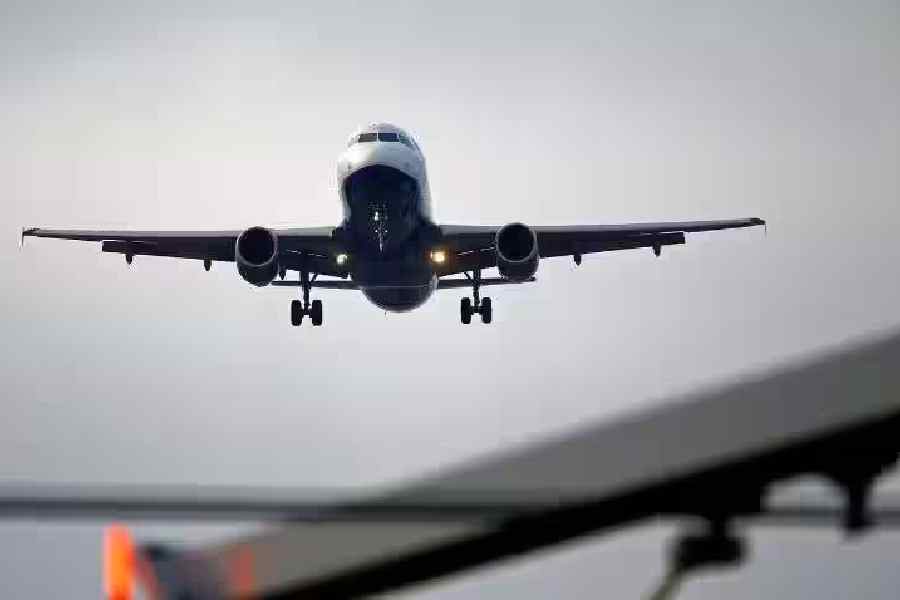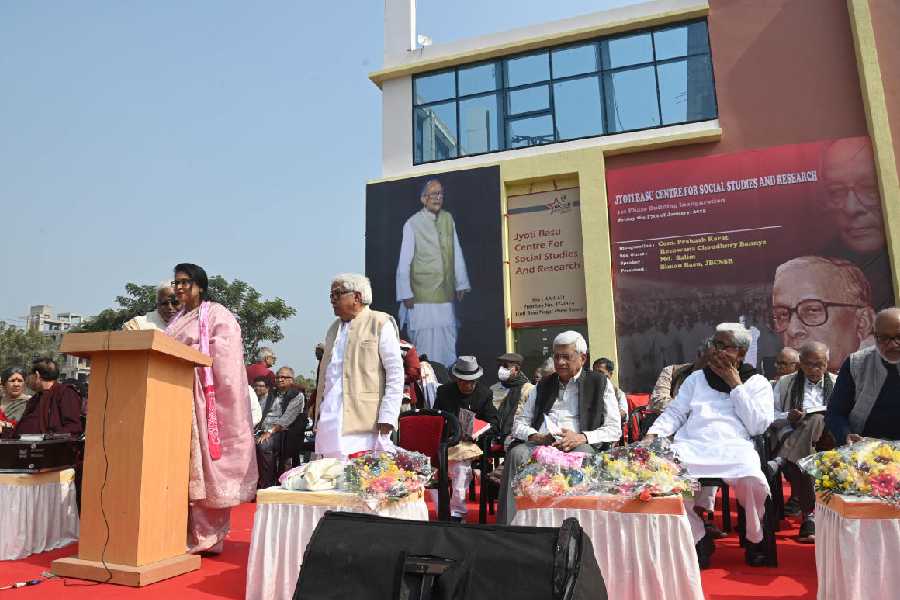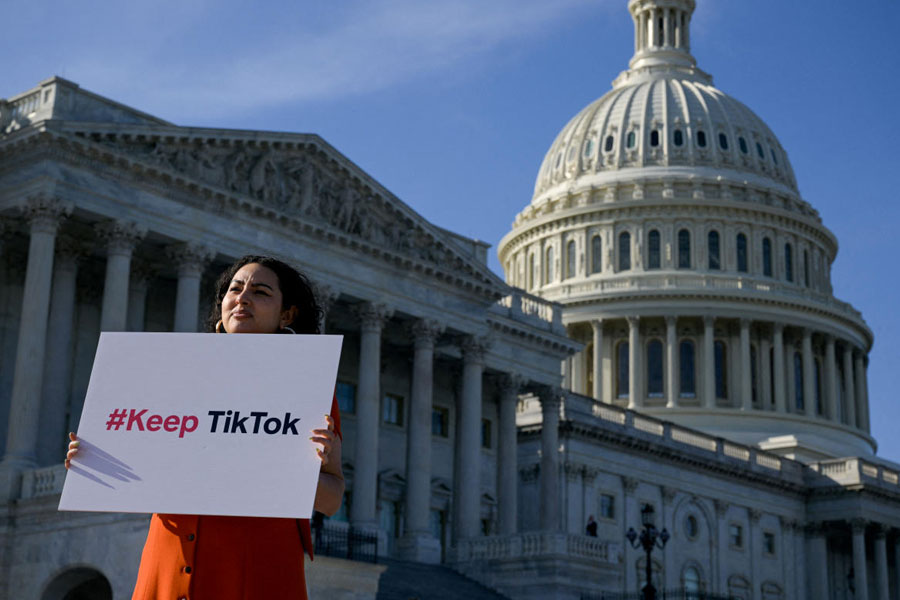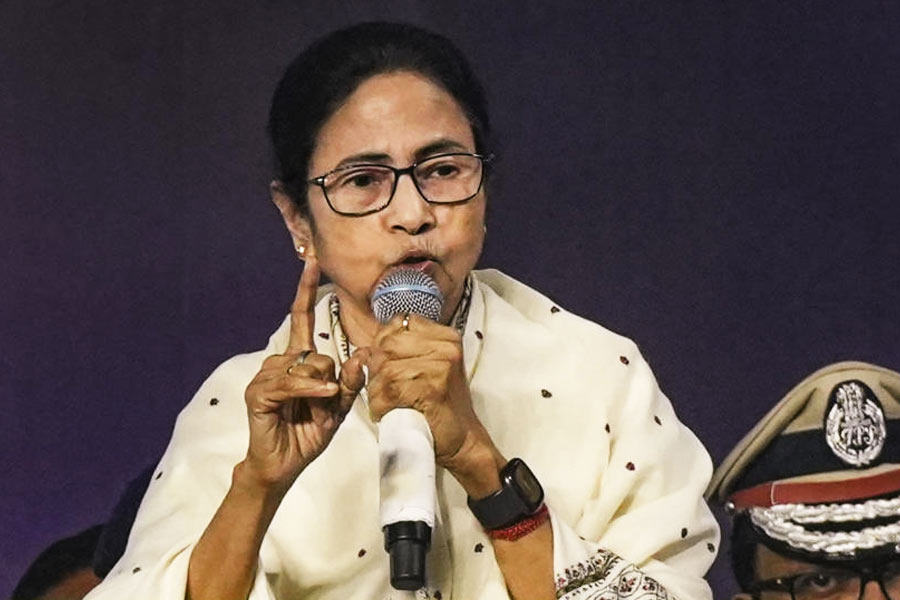The Parliament has passed the Bharatiya Vayuyan Vidheyak, 2024, a landmark legislation to modernize the country’s aviation sector and replace the colonial-era Aircraft Act of 1934. The new law aims to streamline regulatory frameworks, attract investments, and align India’s aviation practices with international standards.
However, while the 2024 Act is being lauded as a progressive step forward, concerns persist over the extent of centralized control retained by the government, potentially limiting the autonomy of regulatory authorities and affecting the sector’s ability to thrive independently.
The 2024 Act introduces several modernized provisions aimed at addressing industry needs and improving ease of doing business. The Act now explicitly regulates aircraft design, manufacturing, and maintenance, introducing definitions for these terms for the first time. This is expected to provide clarity for India’s Maintenance, Repair, and Overhaul (MRO) sector, attracting investments and bolstering the government’s Atmanirbhar Bharat initiative.
Testing and certification processes for aviation personnel, previously handled by the Department of Telecom, will now fall under the Directorate General of Civil Aviation (DGCA). This creates a single-window clearance mechanism for aviation licenses.
The Act empowers the central government to create rules aligned with international conventions like the Convention on International Civil Aviation, 1944. This will elevate India’s standing in the global aviation community.
Provisions for economic oversight, including fare regulation, aim to foster competition while protecting consumers from exploitation. New penalties include imprisonment or fines for violations, such as slaughtering animals or depositing rubbish near airports, to enhance passenger safety.
Poonam Verma Sengupta, Partner at JSA Advocates & Solicitors, described the Act as “a progressive and ambitious step forward for India’s aviation sector,” but cautioned that its ultimate success hinges on “effective implementation, sustained investments, and regulatory independence.”
Despite its promise, the Act has drawn criticism for maintaining and, in some cases, increasing the central government’s control over regulatory agencies, raising concerns about the independence of key bodies like the DGCA, Bureau of Civil Aviation Security (BCAS), and the Aircraft Accidents Investigation Bureau (AAIB).
The DGCA remains under direct government oversight, with expanded powers granted to the central government. For instance, the government can unilaterally appoint arbitrators in compensation disputes, a practice that the Supreme Court has previously criticized as violative of the right to equality under Article 14 of the Constitution.
The central government retains the authority to decide on criminal penalties and adjudicate disputes involving parties, blurring the separation of powers. Appeals against decisions by DGCA and BCAS—already under government control—are also directed to the central government, leaving no avenue for independent review.
Experts warn that the lack of autonomy for aviation regulators could hinder the sector’s growth. “Independent oversight is critical for any sector to flourish,” said Sengupta, citing examples from other industries like energy and telecommunications, where regulatory independence has been instrumental in driving progress.
Proponents argue that measures like a second-tier appellate mechanism and streamlined licensing processes enhance transparency. However, critics contend that the heavy involvement of the central government undermines the principle of natural justice and could deter stakeholders.
“The Act creates a dual dynamic,” said a senior aviation analyst. “While it modernizes several processes and aligns with international standards, the concentration of decision-making power in the government could deter investor confidence and weaken regulatory accountability.”
The 2024 Act reflects India’s ambition to emerge as a global aviation hub, emphasizing safety, innovation, and consumer protection. Yet, achieving these goals will depend on fostering trust in regulatory mechanisms.
“The intent of the 2024 Act is commendable, but it must be coupled with safeguards to ensure regulatory independence,” said Sengupta. “Without this, even the best-crafted provisions could falter in execution.”
As India navigates its path to becoming a competitive global aviation market, addressing these concerns will be critical to ensuring the sector’s sustained growth and resilience.










